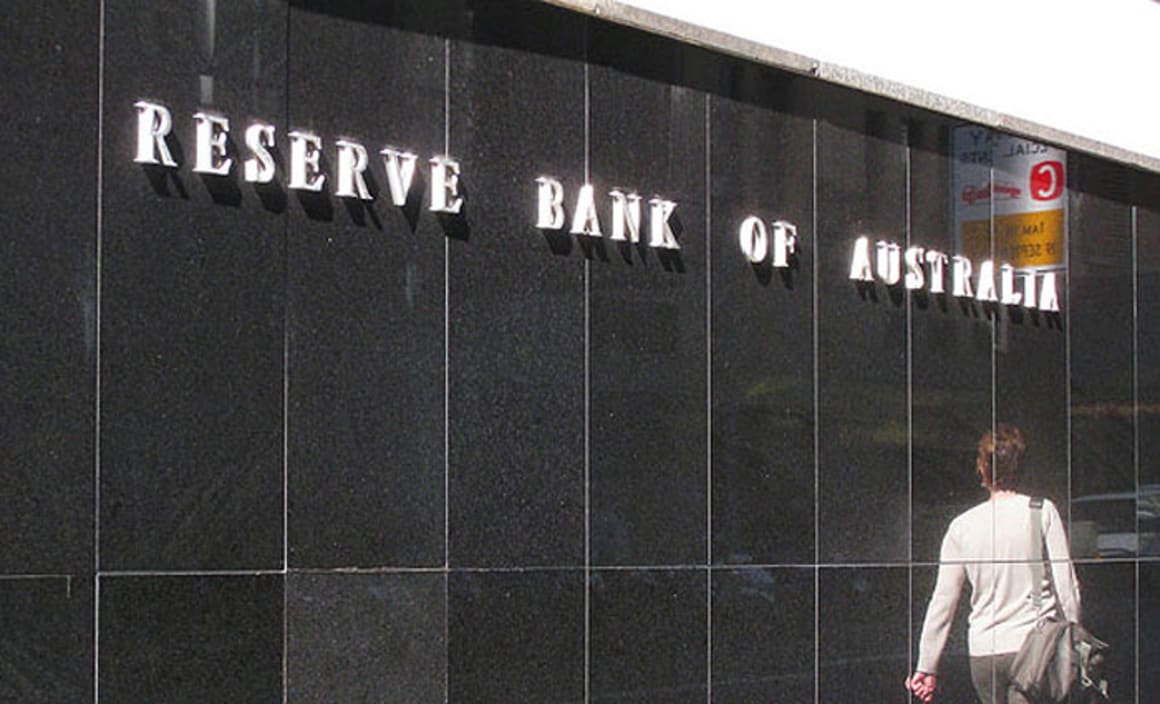RBA leaves interest rates on hold as housing price growth slows

The Reserve Bank has kept the cash rate at a record low of 2.5% for another month.
Today’s decision marks another month of historic lows for Australia’s interest rates, while many speculate that the Reserve Bank will move to increase rates by the end of the year as price growth stabilises and housing construction expands.
Reserve Bank governer Glenn Stevens said of today's decision, "financial conditions overall remain very accommodative. Long-term interest rates and most risk spreads remain low. Equity and credit markets are well placed to provide adequate funding."
"In Australia, the economy grew at a below-trend pace in 2013. Recent information suggests moderate growth is occurring in consumer demand and foreshadows a strong expansion in housing construction. Some indicators of business conditions and confidence have improved from a year ago and exports are rising. But at the same time, resources sector investment spending is set to decline significantly and, at this stage, signs of improvement in investment intentions in other sectors are only tentative, as firms wait for more evidence of improved conditions before committing to expansion plans. Public spending is scheduled to be subdued," he said.
Australians can expect interest rate stability in the current inflationary climate.
"Looking ahead, continued accommodative monetary policy should provide support to demand, and help growth to strengthen over time. Inflation is expected to be consistent with the 2–3 per cent target over the next two years," said Stevens.
"In the Board's judgement, monetary policy is appropriately configured to foster sustainable growth in demand and inflation outcomes consistent with the target. On present indications, the most prudent course is likely to be a period of stability in interest rates."
Michelle Hutchinson, money expert at comparison website finder.com.au, says that a drop in the cash rate is unlikely in the near future.
"While the finder.com.au Monthly Reserve Bank Survey found all 12 leading economists and money experts were correct with their prediction of no rate change today, most are expecting to see the cash rate rise by the end of the year or next year,” she said. According to Hutchinson, the current interest rate climate has seen some lenders fail to pass on rate cuts to borrowers.
"With no more rate drops on the cards, we found that lenders have kept on average 0.24 percentage points since rates began to fall in November 2011 by not always passing on the full cuts to their customers,” said Hutchinson.
LJ Hooker deputy chairman L Janusz Hooker predicts that a rate increase by the Reserve Bank could be as far away as December.
“There is still a chronic shortage of housing in areas such as Sydney and with this simple supply and demand imbalance continuing, it’s hard to see how the bottom can drop out of the market,” said Hooker.
Low interest rates have seen housing construction approvals pick up in many markets, while residential sales are strengthening in Hobart and even Adelaide, despite concerns about unemployment.
“Sensible buyers are factoring in future rate increases when doing their calculations but I also think there is an acceptance that the rate of growth the market has been enjoying will slow down,” he said.
According to RP Data national research director Tim Lawless, the latest housing market results showed that capital gains across the nation’s housing markets were slowing to more sustainable levels, which would have provided the RBA with some comfort.
“The April results showed a slowdown in dwelling value appreciation, up just 0.3% over the month, which is likely to be a welcome result after such previously strong conditions,” said Lawless.
“The ongoing low interest rate environment is likely to encourage higher levels of housing market activity which provides a fantastic multiplier for the Australian economy; however we anticipate that natural affordability barriers and low rental yields will continue to dampen the exuberance that has been very much evident in Sydney and Melbourne,” he said.

Source: finder.com.au